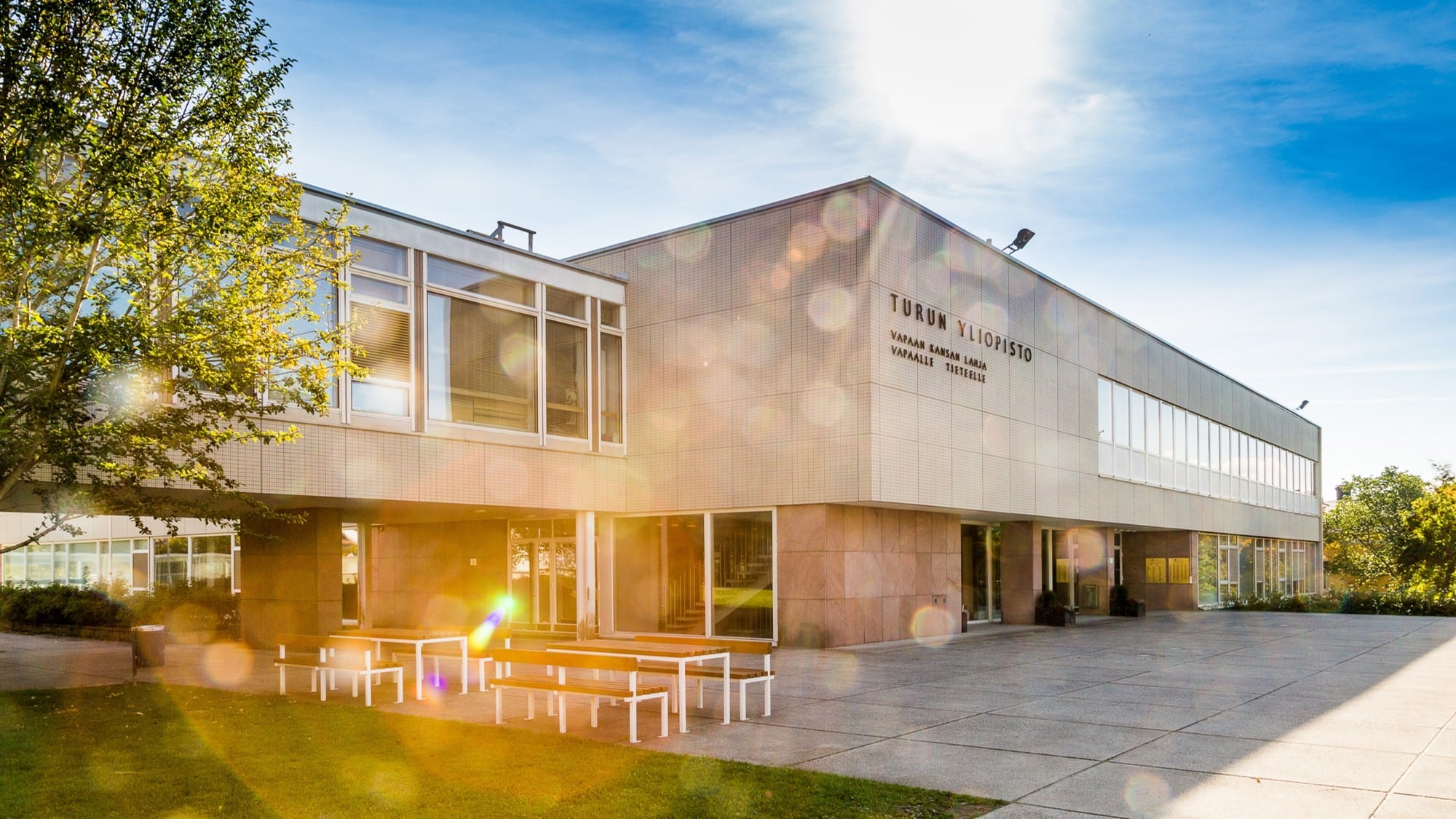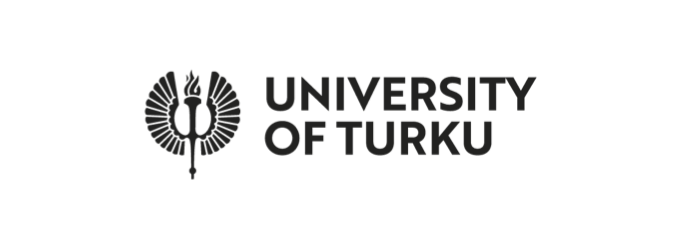Master’s students treated as junior colleagues by faculty members. Good career prospects after graduation. High-quality research. Impressive rankings. Unique programmes. Excellent teaching methods and state-of-the-art learning facilities. Every year, these compelling factors draw scores of talented students from around the world to the University of Turku (UTU).
Hilyatushalihah (Hilyah) Kholis Audah is one of them. After completing her undergraduate degree in psychology with a specialisation in neuropsychology in the UK, the Indonesian student sought a multidisciplinary master’s degree that lets her dive into any new fields or topics that she’s interested in. That’s when she discovered the Master’s Degree Programme in Human Neuroscience at UTU.

Hilyah is studying a Master’s Degree Programme in Human Neuroscience at UTU. Source: UTU
“I’ve always had a passion for studying neuroscience, but such programmes are still relatively uncommon worldwide, particularly those that emphasise the study of human behaviour rather than cellular neurobiology. I opted for UTU because of its master’s programme that specifically focuses on human neuroscience,” Audah says.
From psychiatry to neuroimaging, there’s no shortage of classes and great educators inspiring Audah today. But what makes UTU stand out the most is the close relationship she has with her teachers. “Overall, I feel the low hierarchy definitely makes it easier to communicate with the teachers, whether face-to-face or via email. Here’s a more concrete example — I once found a mistake in one of our lecture slides, and the responsible teacher was very receptive to the feedback and apologised for the mistake,” she says. “We as students are treated as junior colleagues, and in the research environment we can voice our opinions, and those opinions are respected, even by top scientists who have been in the field for decades.”
Audah did not expect this level of support when she signed up at UTU. “I expected professors to be more demanding, and not as open to feedback from students. But the reality, at least in my experience, is the academic staff here are very humble,” she says. “They are open to any suggestions and feedback you have. Of course, there are exceptions, but for the most part the Turku Brain and Mind Centre have been very open in their communication with students.”

At the eight faculties at the University of Turku, all master’s students are treated as junior colleagues. Source: University of Turku
Sanna Salanterä, Vice Dean at the Faculty of Medicine, believes in treating students as equal members in her research team. She values collaboration with students and holds their opinions in high regard. “I empower my students by giving them significant responsibilities, nurturing their leadership skills. It fills me with pride to see many of my former students achieve prominent positions in society,” she says.
UTU students enjoy direct access to all teachers at their departments and can address them by their first names. Weekly meetings are held to facilitate student-teacher discussions. The faculty provides multiple channels for student-teacher communication, including anonymous options. Deans hold monthly meetings with the student union and representatives as well, actively seeking written and oral feedback from students on various aspects. “Everyone’s opinion is respected,” says Salanterä.

Sanna Salanterä believes in treating students as equal members in her research team at UTU. Source: UTU
By working as a team, teachers and students work towards a common goal. “That makes things progress fast and smoothly. You make better innovations when students are not afraid of what they say,” says Salanterä. “When students feel safe, they learn better and that is the aim.”
UTU is home to 25,000 students and employees from over 100 countries. It ranks in the top 1% of the world’s universities — a success which can be traced to its curricula. Courses by its eight faculties are updated around the most critical issues of our time and include up-to-date research. Master’s Degree Programmes include economics and business administration, education, health and biomedical sciences, technology and engineering, social sciences and humanities, and natural sciences.
All programmes are built on a strong foundation in research, providing students with a high-quality education aligned with the latest advancements in their respective fields. Students can customise their degree based on their interests and specific career goals, meaning they can choose from a wide range of elective courses and minors offered by other faculties within the university, and from other Finnish universities.
“This way, you get to explore other interests you may have or acquire knowledge from other disciplines that you can apply in neuroscience,” Audah says.

At UTU, curricula include the latest advancements in research. Source: University of Turku
Students learn from accomplished instructors who specialise in their respective fields. They leverage diverse teaching approaches, including seminars, mobile lectures, simulations, flipped classroom teaching, and traditional lectures, creating varied and engaging learning experiences.
When it comes to career development, Audah is grateful to the university for offering many services. “You can apply for an internship to any company and get an internship subsidy from the university. Career Services also offer plenty of help, such as mock interviews, CV clinics, career guidance, and more,” she says.
The best part about UTU is that every student, international or local, is guaranteed an internship subsidy which covers part of the intern’s salary costs and is paid to the internship employer. In short, there is no such thing as an unpaid internship for UTU students. International talent is celebrated here and employability rates are constantly improved across the board. The university has made it their goal to ensure that every international student and doctoral candidate graduating from UTU will be employed in a role that complements their degree.
The next application round will be in January 2024, allowing ample time for you to carefully consider your interests, identify the ideal naster’s programme, and prepare a strong application. To learn more about University of Turku and its programmes, click here.
Follow University of Turku on Facebook, Instagram, Twitter, LinkedIn and Youtube











